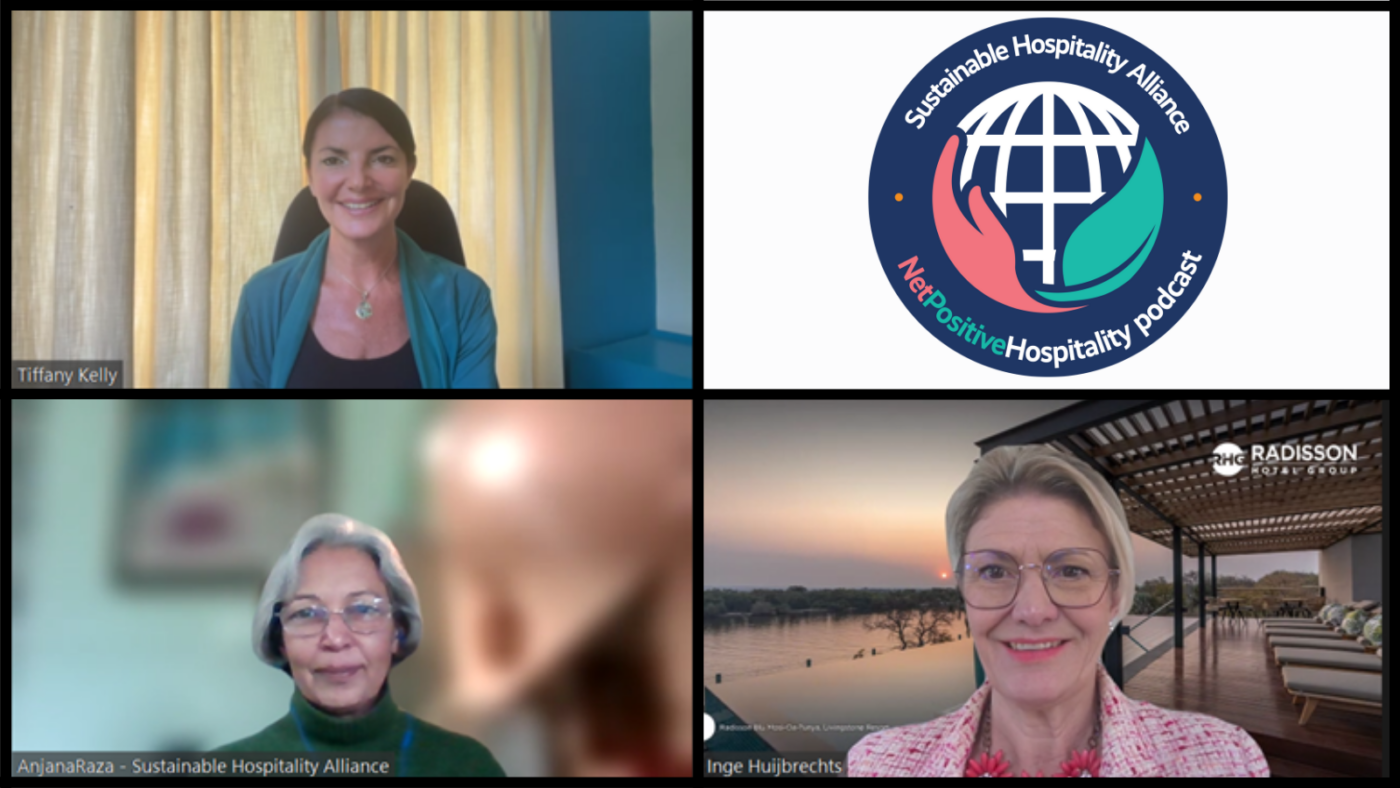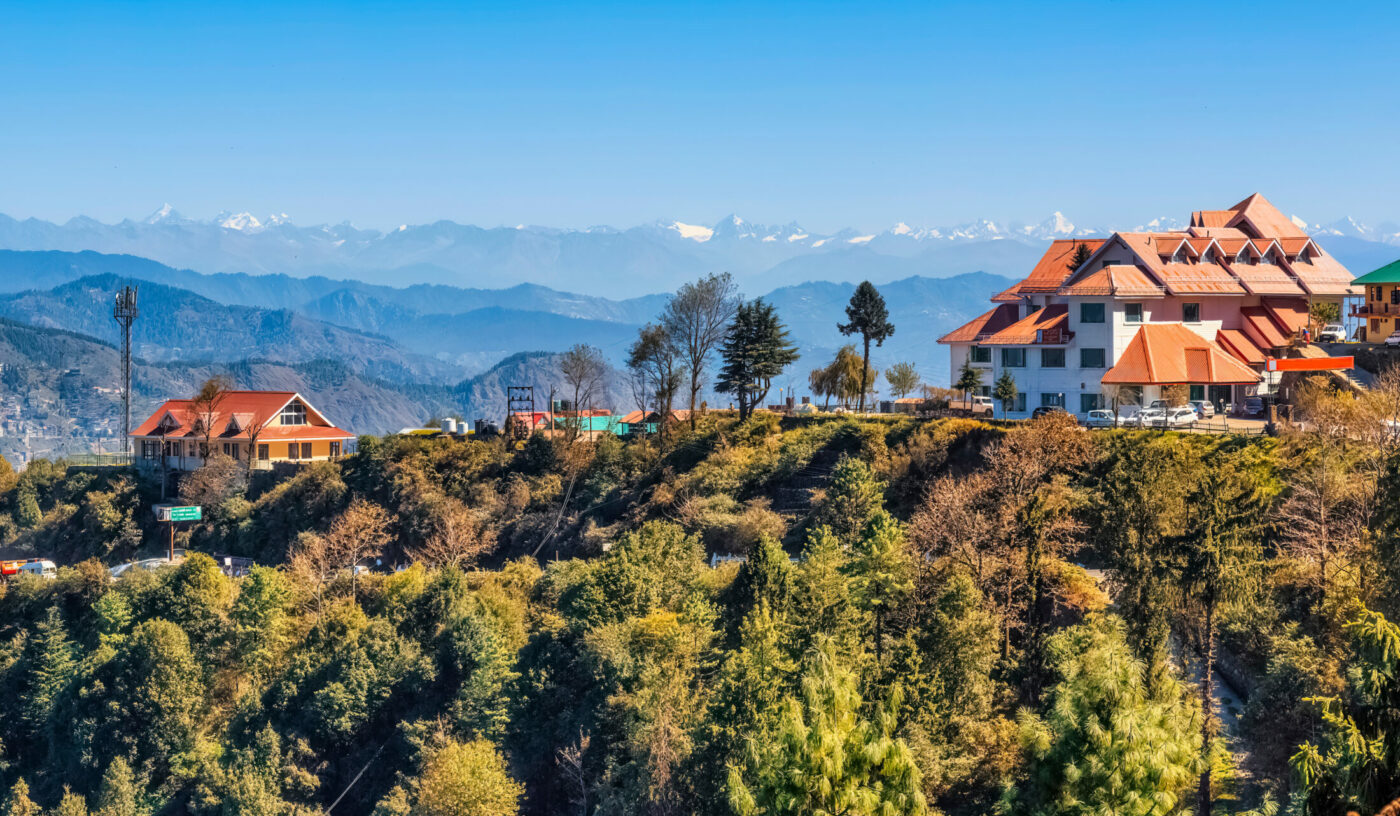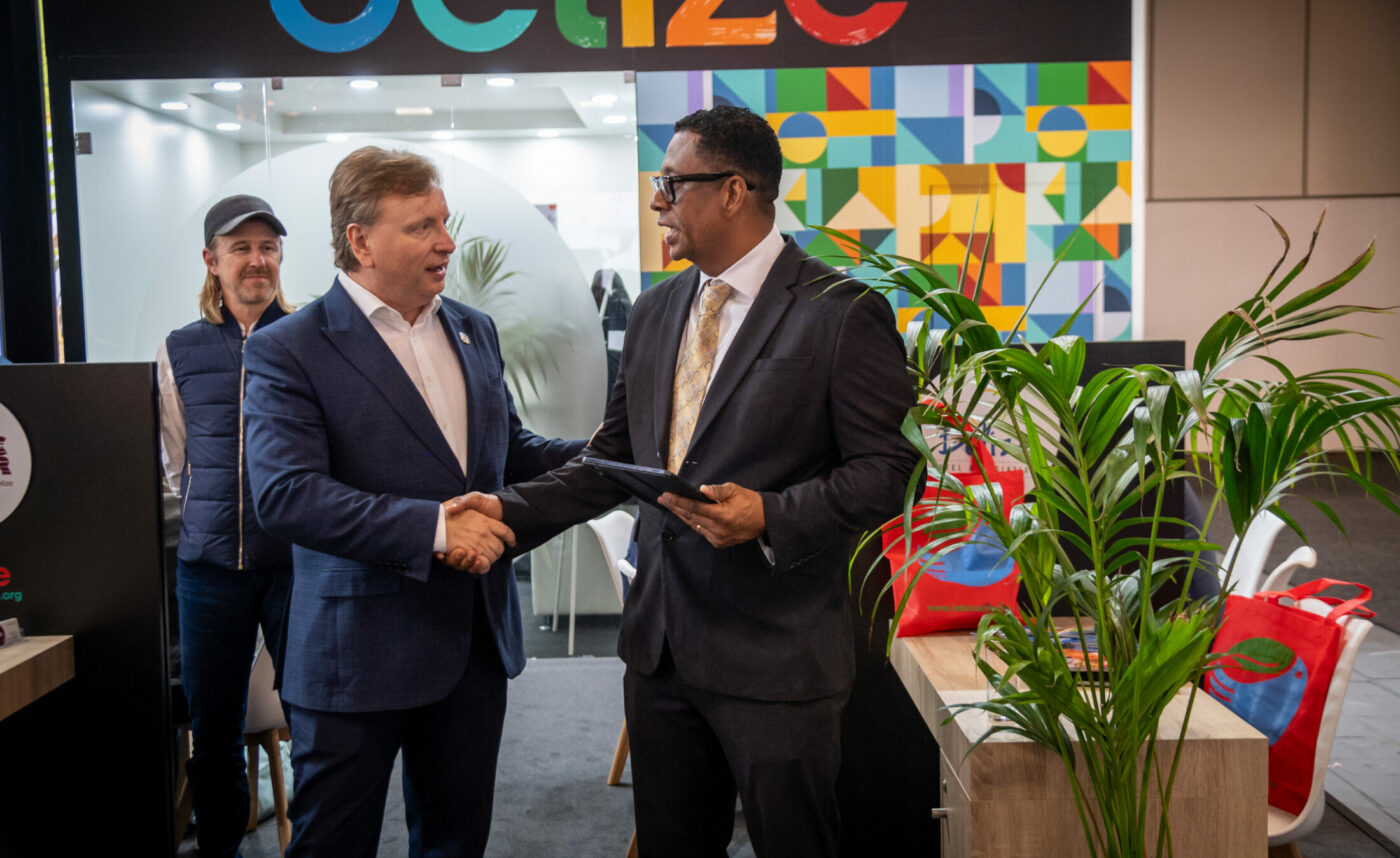Globally, human activity is having an increasingly negative impact on the planet, consuming and extracting the earth’s resources at an unsustainable rate. Biodiversity, which describes the huge diversity of life on Earth, is being lost at a rapid rate due to practices like land use, deforestation, overfishing, and pollution.
World Wildlife Day aims to drive the discussion towards finding solutions to conserve some of the most critically endangered species of wild fauna and flora. Continual loss of species, habitats, and ecosystems threatens all of us. As an industry, hospitality relies heavily on nature for the construction and day-to-day operations of properties, the production of food and drinks and other consumables, and the desirability of the local environment to draw guests.
On World Wildlife Day, we wish to emphasize the imperative need to reverse the fate of some of the most critically endangered species, to support the restoration of their habitats and ecosystems, and to promote a more sustainable relationship between humans and nature. Ecosystems are resilient only if there is biodiversity, which is why it is so important to recover key species that play pivotal roles within any ecosystem.
The travel and tourism industry has a significant impact on biodiversity – hotels can sometimes have high carbon emissions, change land use patterns, over-use natural resources, disturb wildlife, including the introduction of invasive species and habitat fragmentation of threatened species. Biodiversity can be a vital ally in the fight against climate change, through its ability to absorb emissions and provide a natural barrier against its effects (e.g. tropical storms and rising sea levels). The very survival of the tourism industry relies on the desirability of the unique and varied destinations in which hotels are based.
What can hotels do?
Hotels can think about the following:
- What are the key products that you purchase? How could they have a long-term impact?
- What are the key natural habitats in/around your hotel? E.g. coastal, forest, desert, urban green spaces.
- Which plant and animal species exist in proximity to your hotel? Are any of them endangered? (See the IUCN Red List)
- What are the key impacts of climate change on the local area? How might these be impacting biodiversity?
Understand your impacts
Hotels can also think about their direct and indirect impact on wildlife and biodiversity. Some key areas for consideration are:
- Generation of greenhouse gases – Greenhouse gases including carbon dioxide contribute to global warming and, can have drastic impacts on local biodiversity over time.
- Water usage –Hotel amenities including swimming pools and spas, laundry, and F&B typically require large amounts of water.
- Waste generation – Solid waste includes non-recyclable waste, recyclable waste, and compostable waste. Liquid waste includes blackwater and greywater.
- Supply chain – Beyond the direct operations, the production of some commodities which a hotel purchases can have drastic impacts on the natural world (e.g. paper and timber products).
- Use of land and resources – This includes the land cleared for the construction or expansion of a hotel, and the resources used as part of hotel maintenance.
- Potential disruption to wild species and their habitats – Disruption might be caused by human proximity and footfall, littering and waste production, and noise and light pollution.
- Diversion or degradation of natural water sources – Infrastructure such as buildings, cement or tarmac can divert natural passages of water, disrupting natural habitats and communities. Some hotel practices also affect the purity of water sources.
Take action
There are various actions you can take to start addressing biodiversity.
- Wildlife friendly areas – prioritise planting native species or allow the re-wilding of areas on your property. Consider installing a green wall, rooftop garden, or wildlife pond.
- Chemicals use – switch to certified eco-friendly chemicals and cleaning products where possible.
- Purchasing – purchase products with a reputable certification, such as FSC, Rainforest Alliance, or ASC. Ban the use or sale of endangered or non-sustainable species throughout your operations.
- Plastic – set up initiatives to reduce the use of single use plastics in your property. Ensure there is clear messaging and sufficient waste bins to discourage littering.
- Energy/carbon reduction – reducing your energy consumption and/or carbon production will help to reduce the impacts climate change could have on biodiversity.
- Support local initiatives – team up with local conservation organisations and community groups to support their efforts.
If your hotel would like to act today, you can start by exploring our free resources that can show you the way as you create your sustainability journey.




